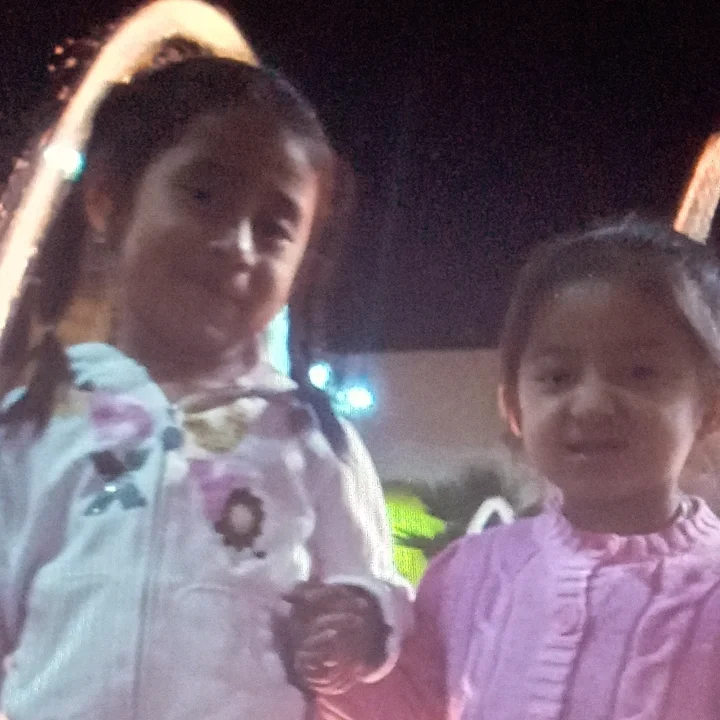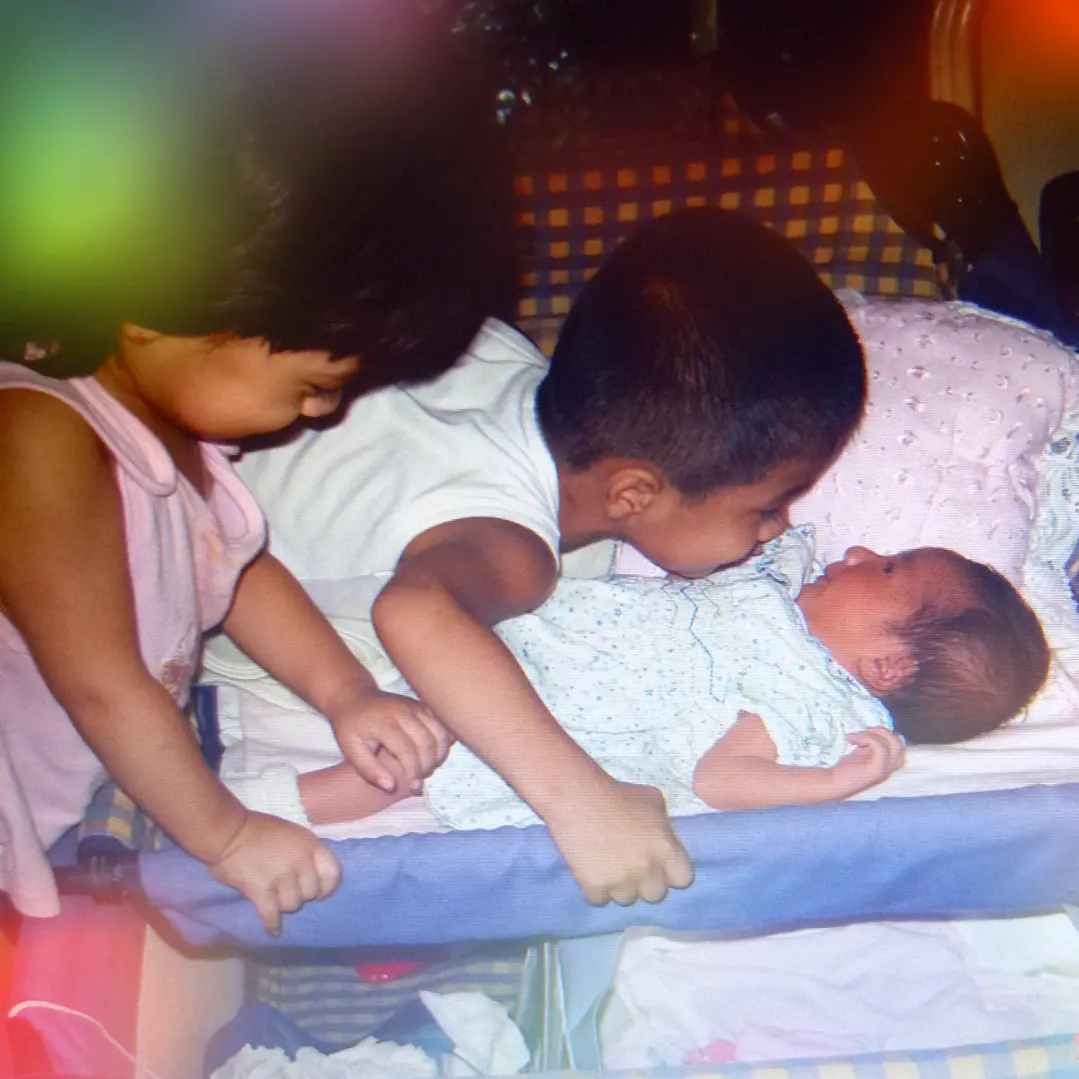
Once in my childhood I was at daycare doing my daily chores and keeping myself entertained with silly faces and weird voices. Then I felt the glare of an older student and heard him say, “Patrick you’re a f*g.” Without thinking, I lashed out and, filled with rage, threw him to the ground. Even though he insulted me, I was the one who got in trouble for reacting the way I did.
But I couldn’t allow someone to openly disrespect me for being myself. Although it was just bullying, I believed that he insulted me because of who I was. As a result, I stopped being overly expressive and doing things like going into character to entertain myself, all to avoid the degrading comments of someone questioning my masculinity.
I was taught the importance of my “manhood” very early in my life. I was taught that there are these invisible rules to masculinity that must never be questioned. Along with all of the other stresses of growing up, living under this cloud took a toll on my mental health. Masking my true self because of these societal rules to masculinity didn’t help and left me to question my identity, even when I decided to rebel.
In the environment I grew up in, I could never admit to having emotions. My father and mother were both tough people from the streets. Although they were my parents and loving, I didn’t feel that I could talk to them about my issues. They portrayed themselves as having had it so much harder when they were my age, which made it seem like any of my problems were irrelevant.
I didn’t have an outlet and had to hide even in my place of comfort.
I have never wanted to tell them about my anxieties or sad thoughts anyways because my environment taught me to believe that men didn’t feel, that I was supposed to be tough and emotionless. Wanting to be a man, I faked this backwards mindset.
But now I feel my insides destroying themselves and I have no control over it. Anticipating the fall of the sun and the rise of the moon, I am left unsure whether or not I am going to live to see another day. I cannot escape my mind running a million miles an hour with sad memories and the realization of how numb I have become.
This new found realization lets me come to grips with knowing that I have mental health issues, but not knowing what exactly they might be. What I do know is that I can no longer live in fear of someone questioning that I am a man just because of the way they see me.
I have kept the motto, “I am a lover not a fighter, but I will fight for what I love,” close to my heart. To me, this is what my masculinity is really all about. Being strong enough to be loving and soft of heart even in tough times, but knowing when tough times come to have the strength to overcome them.
This strength comes through realizing that we are a whole, through recognizing our collective power to unite instead of remaining isolated. This strength comes from the knowledge that this twisted view of “masculinity” does nothing but isolate men from their brothers and, especially, their sisters.
I have learned to ignore hateful comments and refuse to let anything change who I am.
I choose to say what I feel and think even around those with a negative disposition. I have gained the courage to go against this world of hate and close-mindedness through art and poetry. This free expression has aided me in my struggle with mental health.
With mental health issues being so rampant today, unnecessary threats like the pressure to conform to old, rigid forms of gender stereotypes are toxic to our collective psyches.
Many of us young men struggle with defining who we are and are too afraid to reach out for help. But these struggles are normal and have nothing to do with our masculinity. 1 in 5 teens will suffer from mental health issues and that is not something that can be ignored.
Getting help starts with the bravery to admit there is a problem. Living with a mental health issue and not realizing it until you’re an adult is like living under a cloud your whole life and not realizing there is a beautiful sun beyond it.
Realizing now that only I could define my masculinity helped me mentally. Still, those rules haunt me at times.
But I remain strong.
I now find strength in my free expression and I have learned that being accepted is not worth losing who I truly am.



